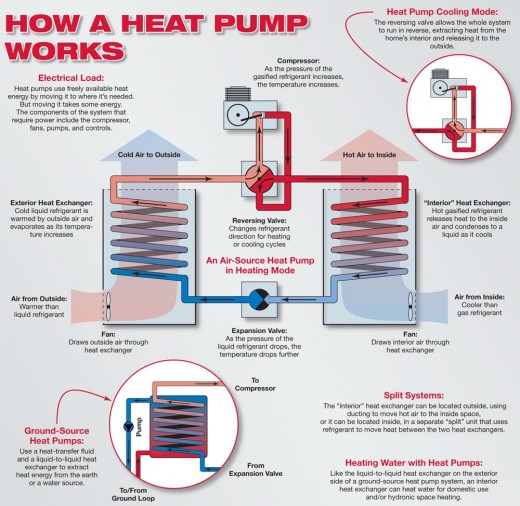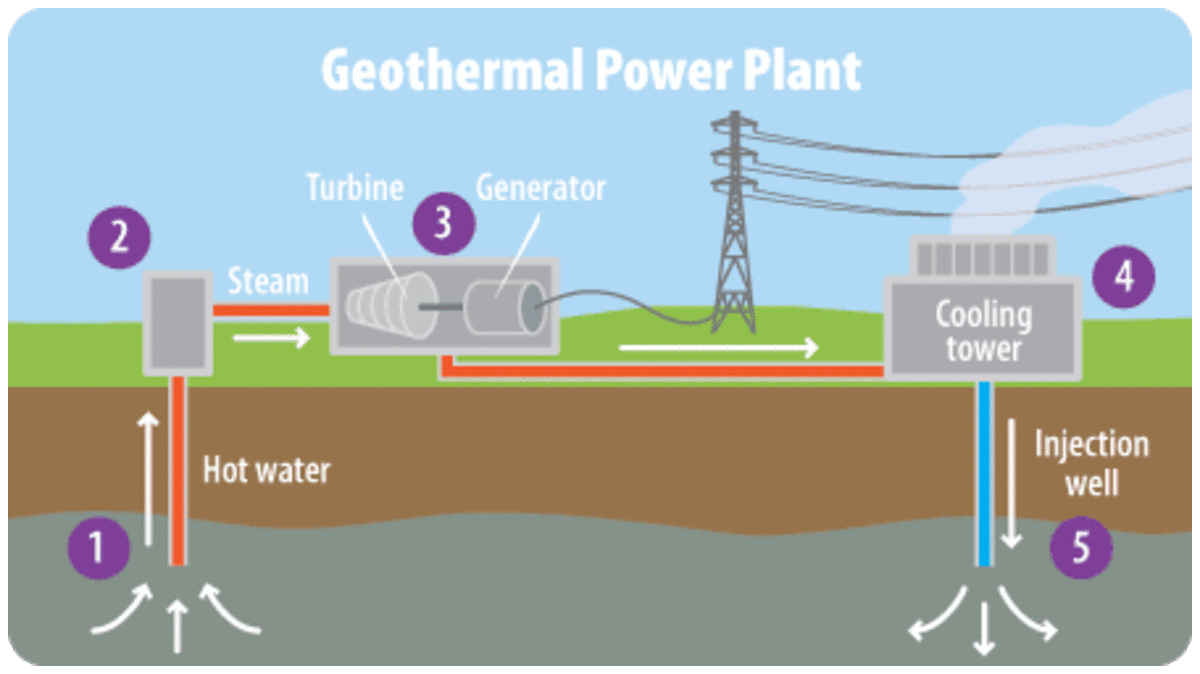Understanding the Variables that Affect Home Energy Costs
Energy costs can be a significant part of your household budget, so it's important to understand the factors that influence how much you pay. There are several variables that can impact the cost of energy for your home, including the following:
-
Type of energy source: The type of energy you use to heat and power your home can have a big impact on your energy costs. For example, electricity may be more expensive than natural gas or propane, depending on your location and the availability of different fuel sources.
-
The efficiency of your home: The efficiency of your home can also affect your energy costs. Homes with better insulation, energy-efficient appliances, and other features that reduce energy consumption will typically have lower energy costs.
-
Climate: The climate in your region can also impact your energy costs. For example, homes in colder climates may need to use more energy for heating, while homes in warmer climates may use more energy for air conditioning.
-
Size of your home: The size of your home can also affect your energy costs. Larger homes generally require more energy to heat and cool, so they may have higher energy costs.
By understanding the variables that affect your home energy costs, you can make informed decisions about how to reduce your energy consumption and save money on your energy bills.

The Cost-Effective Heating Solution: Natural Gas vs. LP Gas
If you're in the market for a new heating system for your home or business, you may be considering your options in fuel sources. Natural gas and liquefied petroleum (LP) gas are both popular choices, but which is the most cost-effective option?
Natural gas is generally the least expensive fuel source, particularly when compared to oil, coal, and wood. This is especially true in areas with access to natural gas pipelines. However, if you live in a rural area where natural gas pipelines are not available, LP gas may be the better choice.
When it comes to heating equipment, a new gas furnace, hot water boiler, or space heater operated with either natural or LP gas are among the most cost-effective options. This is because they do not require the more costly fireboxes and chimneys that oil, coal, and wood-burning systems do.
So, if you're looking for an affordable and efficient heating solution, natural gas or LP gas may be the way to go. Just be sure to consider your access to fuel sources and the availability of natural gas pipelines in your area before making a decision.

Understanding the Factors that Affect Oil Prices and How They Impact Your Heating Costs
As a homeowner, you want to make the most cost-effective choice when it comes to heating your home. While natural gas is generally cheaper than oil as a heating fuel, there are certain circumstances where oil may be the more economical choice. In this article, we'll delve into the factors that influence oil prices and how they can affect your heating costs.
One important factor that impacts oil prices is global demand. When the demand for oil is high, prices tend to rise. This is because oil is a finite resource and as demand increases, there is less oil available to meet that demand. On the other hand, when demand is low, prices tend to fall.
Another factor that can affect oil prices is the cost of production. The cost of extracting, transporting, and refining oil can vary greatly depending on where the oil is coming from and the methods being used. In some cases, the cost of production can be so high that it becomes uneconomical to extract and sell the oil, leading to lower prices.
Geopolitical factors can also play a role in oil prices. For example, if there is instability or conflict in an oil-producing region, it can disrupt the supply of oil and cause prices to rise. Similarly, if there are tensions between oil-producing countries and their customers, it can also impact prices.
So, what does all this mean for your heating costs? If oil prices are high, it will likely cost more to heat your home with an oil-fired furnace. However, if oil prices are low and natural gas prices are high, it may be more cost-effective to use oil as a heating fuel. It's important to keep an eye on both oil and gas prices in your area and choose the option that offers the best value.
In summary, oil prices are influenced by global demand, the cost of production, and geopolitical factors. While oil is generally more expensive than gas as a heating fuel, there are circumstances where it may be the more economical choice. It's important to consider both oil and gas prices in your area and make an informed decision about which fuel is best for your home.
Comparing Resistance Heat and Heat Pumps for Home Heating with Electricity
When it comes to heating your home with electricity, there are two main options: resistance heat and heat pumps. Both have their own unique characteristics and advantages, and it's important to understand the differences between them to determine the best option for your home.
Resistance heat systems use baseboard heaters around the house to generate heat through the process of resistance. The wires inside the heaters warm up and glow, similar to a toaster. While resistance heat systems are generally less expensive to purchase than other types of heating equipment, they tend to consume large amounts of electricity and can be expensive to operate. As a result, resistance heat systems are not recommended unless (1) your home is located near a hydroelectric plant where electric rates are low, (2) the system is only used in small spaces like bathrooms, or (3) the system is used to supplement solar, wood, or coal heating.
Heat pumps, on the other hand, use electricity to transfer heat from the air or ground outside to the inside of your home. They can be more efficient than resistance heat systems, especially in mild climates, and can potentially save you money on energy costs in the long run. However, heat pumps may be more expensive to purchase and install, and they may not be as effective in very cold climates.
Ultimately, the choice between resistance heat and heat pumps for home heating with electricity will depend on your specific needs and circumstances. Consider factors such as the climate in your region, the size of your home, and your budget to determine the best option for you.

Understanding How Heat Pump Systems Work and Their Benefits
Heat pump systems are a popular choice for home heating and cooling due to their energy efficiency and versatility. But how do they work?
Heat pumps use electricity to operate a compressor, similar to an air conditioner. The compressor compresses a refrigerant, which changes from a gas to a liquid and releases heat in the process. This heat is then distributed through a duct system to the rooms of your home. In the summer, the process is reversed, with the heat pump acting as an air conditioner by releasing heat outdoors and absorbing it from indoor air.
Heat pumps are generally more efficient than other types of heating systems that use electricity, such as resistance heat. However, their efficiency can drop when the outside temperature dips near freezing. For this reason, heat pumps are most effective in areas with mild climates where temperatures don't often dip below 40 degrees Fahrenheit or rise above 90 degrees Fahrenheit.
In colder regions, it is possible to use a heat pump with a heat exchanger buried in the ground to help maintain efficiency. These systems can be more expensive upfront, but prices are decreasing and they may be worth considering if they are available in your area.
Over the long run, heating with a heat pump can cost about the same as heating with gas, even with the higher maintenance costs of a heat pump, which should be serviced annually and have its compressor rebuilt every 12 to 14 years.










